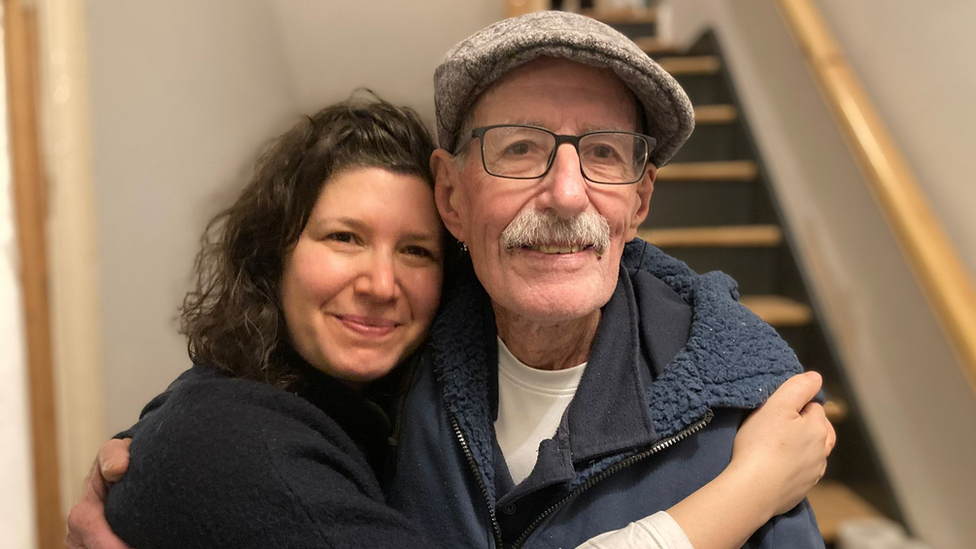A Heart-Wrenching Situation
Christiane Amanpour recently interviewed Sharone Lifschitz, whose 83-year-old father, Oded Lifschitz, remains in captivity in Gaza six months after the outbreak of conflict. The prolonged detention of Oded Lifschitz, along with other Israelis, by Hamas has evoked profound anguish and frustration, highlighting the human toll of unresolved conflicts and the urgent need for diplomatic intervention.
A Daughter’s Desperation: Sharone Lifschitz’s Plea
In her conversation with Christiane Amanpour, Sharone Lifschitz expressed her profound distress and frustration over her father’s continued captivity in Gaza. As she grapples with the anguish of uncertainty and the pain of separation, Sharone’s plea for her father’s release echoes the sentiments of countless families affected by conflict and hostage situations worldwide.
The Toll of Conflict: Lingering Captivity in Gaza
The ongoing captivity of Oded Lifschitz and other Israelis in Gaza underscores the enduring impact of conflict on civilian populations. Despite efforts to negotiate their release and calls for humanitarian intervention, the plight of these hostages remains unresolved, prolonging the suffering of their families and exacerbating tensions between opposing factions.
Diplomatic Stalemate: Challenges to Resolution
Efforts to secure the release of Israeli hostages in Gaza face numerous obstacles, including diplomatic stalemates, political tensions, and entrenched hostility between conflicting parties. Despite international calls for dialogue and negotiation, progress towards a resolution remains elusive, leaving families like the Lifschitzs in a state of limbo and despair.
International Response: Calls for Action
Sharone Lifschitz’s impassioned plea for her father’s release has reverberated on the international stage, prompting renewed calls for action and solidarity from the global community. Diplomatic efforts to address the plight of Israeli hostages in Gaza must be redoubled, with world leaders and humanitarian organizations working together to secure their safe return and uphold the principles of human rights and dignity.
Humanitarian Imperative: Safeguarding Civilians
Beyond the geopolitical dynamics and diplomatic negotiations, the detention of civilians in conflict zones underscores the urgent need to prioritize humanitarian concerns and protect vulnerable populations. Regardless of political affiliations or ideological differences, all parties to a conflict must adhere to international humanitarian law and respect the rights and well-being of civilians, including hostages and detainees.
The Path to Resolution: Seeking Peace and Reconciliation
Ultimately, the resolution of conflicts such as the one in Gaza requires a concerted commitment to peace, reconciliation, and dialogue. Sustainable peace can only be achieved through inclusive and meaningful engagement, grounded in respect for human rights, justice, and mutual understanding. As families like the Lifschitzs await the safe return of their loved ones, the international community must remain steadfast in its pursuit of a just and lasting resolution to the conflict in Gaza.
Conclusion
The ongoing captivity of Israelis in Gaza, including Oded Lifschitz, represents a poignant reminder of the human cost of conflict and the urgent need for diplomatic intervention and humanitarian action. Sharone Lifschitz’s heartfelt plea for her father’s release resonates with the anguish and desperation of countless families affected by conflict and hostage situations worldwide. As the international community rallies behind calls for action, efforts to secure the safe return of Israeli hostages in Gaza must be redoubled, with a steadfast commitment to upholding human rights, promoting peace, and safeguarding the dignity and well-being of all civilians involved.
































